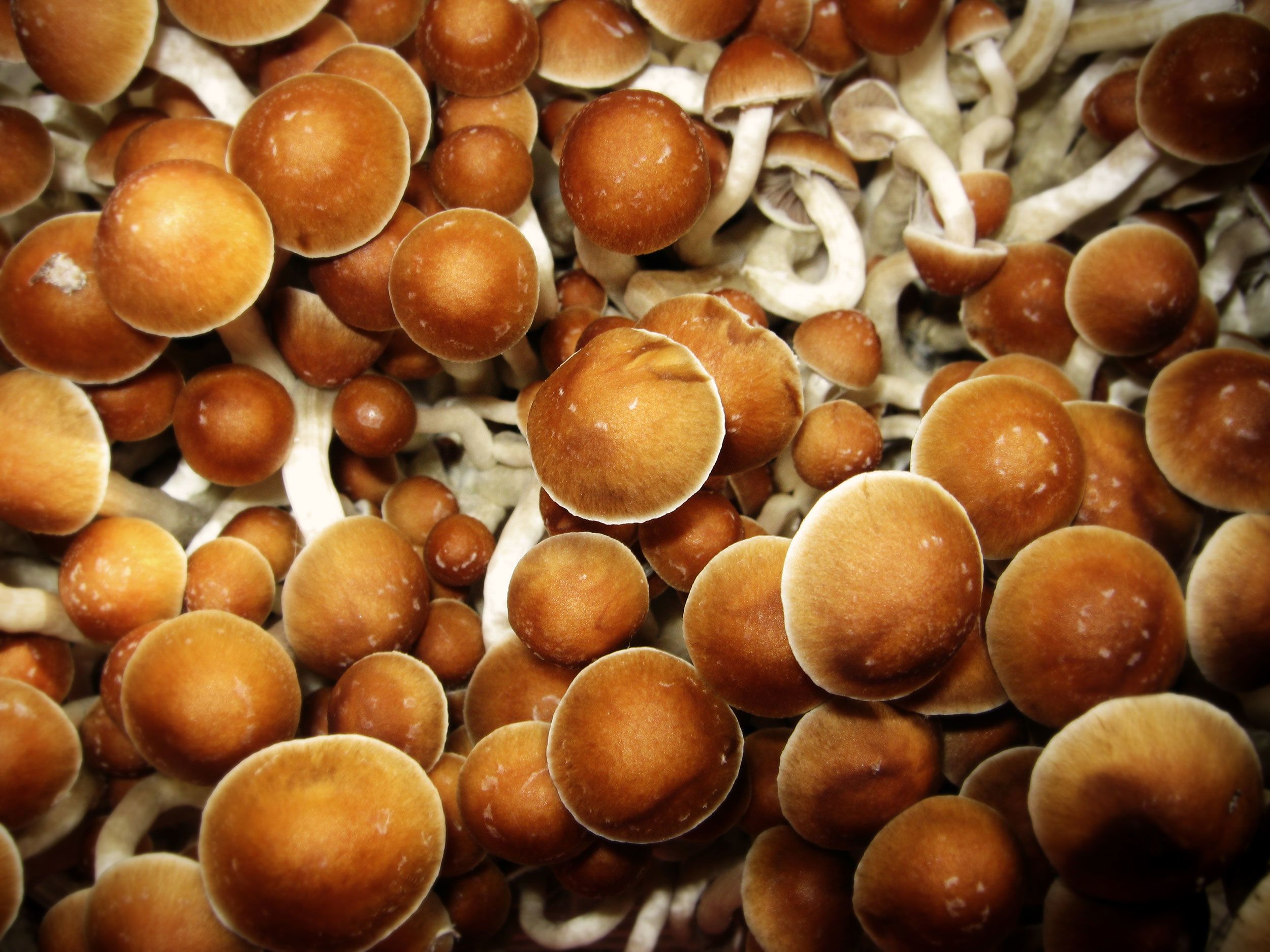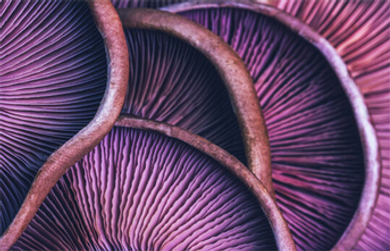Functional Mushrooms vs. Psychedelic Mushrooms
Mushrooms have been an essential part of human culture and medicine for centuries. While mushrooms come in various forms and types, two categories often pop up in discussions: functional mushrooms and psychedelic mushrooms, the latter of which contains the psychoactive compound psilocybin. In this blog, we'll explore the differences between these two types of mushrooms and delve into the fascinating world of microdosing, shedding light on its potential benefits, all backed by facts and data.

Functional Mushrooms:
Functional mushrooms, also known as medicinal or adaptogenic mushrooms, are non-psychoactive fungi that offer an array of health benefits. These mushrooms have been used in traditional medicine for centuries and have recently gained popularity in modern wellness circles. Some well-known functional mushrooms include:
- Lion's Mane: Known for its potential cognitive benefits, lion's mane mushrooms may support brain health, memory, and even alleviate symptoms of anxiety and depression.
- Reishi: Reishi mushrooms are revered for their immune-boosting properties, helping the body fight off illness and stress.
- Cordyceps: These mushrooms are linked to improved endurance and athletic performance, making them a favorite among fitness enthusiasts.
- Chaga: Chaga mushrooms are rich in antioxidants and may support overall well-being, promoting healthy skin, and reducing inflammation.
Psychedelic Mushrooms (Psilocybin Mushrooms):
Psychedelic mushrooms, on the other hand, contain the compound psilocybin, known for its mind-altering effects. While not legal in many places, there is growing interest in their potential therapeutic benefits. Psilocybin mushrooms have been studied for their effects on mental health issues such as depression, anxiety, and PTSD. Researchers have found promising results in controlled settings, but it's essential to emphasize that using them for recreational purposes can be risky and illegal in many jurisdictions.
The Art of Microdosing
Microdosing is a practice gaining popularity, particularly with psychedelic mushrooms, and it involves taking sub-threshold doses of a substance to achieve subtle, positive effects without the intense hallucinations associated with higher doses. Here are some key benefits supported by facts and data:
1. Enhanced Mood and Creativity
Research indicates that microdosing psilocybin may lead to increased mood stability, creativity, and overall well-being. Users often report feeling more optimistic, productive, and open to new ideas.
2. Reduced Anxiety and Depression
Studies suggest that microdosing psychedelics may alleviate symptoms of anxiety and depression. Psychedelics are believed to rewire neural pathways, leading to long-lasting improvements in mental health.
3. Improved Cognitive Function
Some microdosing enthusiasts claim enhanced cognitive function and better problem-solving abilities. While research is still ongoing, these anecdotal reports are encouraging.
4. Enhanced Focus and Productivity
Microdosing has been linked to increased focus and productivity, making it attractive to individuals seeking alternative ways to boost their work or study performance.
A Cautionary Note
While the potential benefits of microdosing are promising, it's essential to approach it responsibly and consider the legal and health implications in your area. Not all studies are conclusive, and individual reactions can vary.
Conclusion
Functional mushrooms and psychedelic mushrooms are distinct categories, each with its unique set of benefits. Functional mushrooms offer various health advantages, while psychedelic mushrooms, when used responsibly and legally, may have therapeutic potential, especially through microdosing.
As research continues to shed light on these fascinating fungi, it's crucial to approach their use with caution, respect for the law, and an emphasis on personal safety and well-being. Always consult with a healthcare professional before considering any form of mushroom-based treatment or supplementation.

